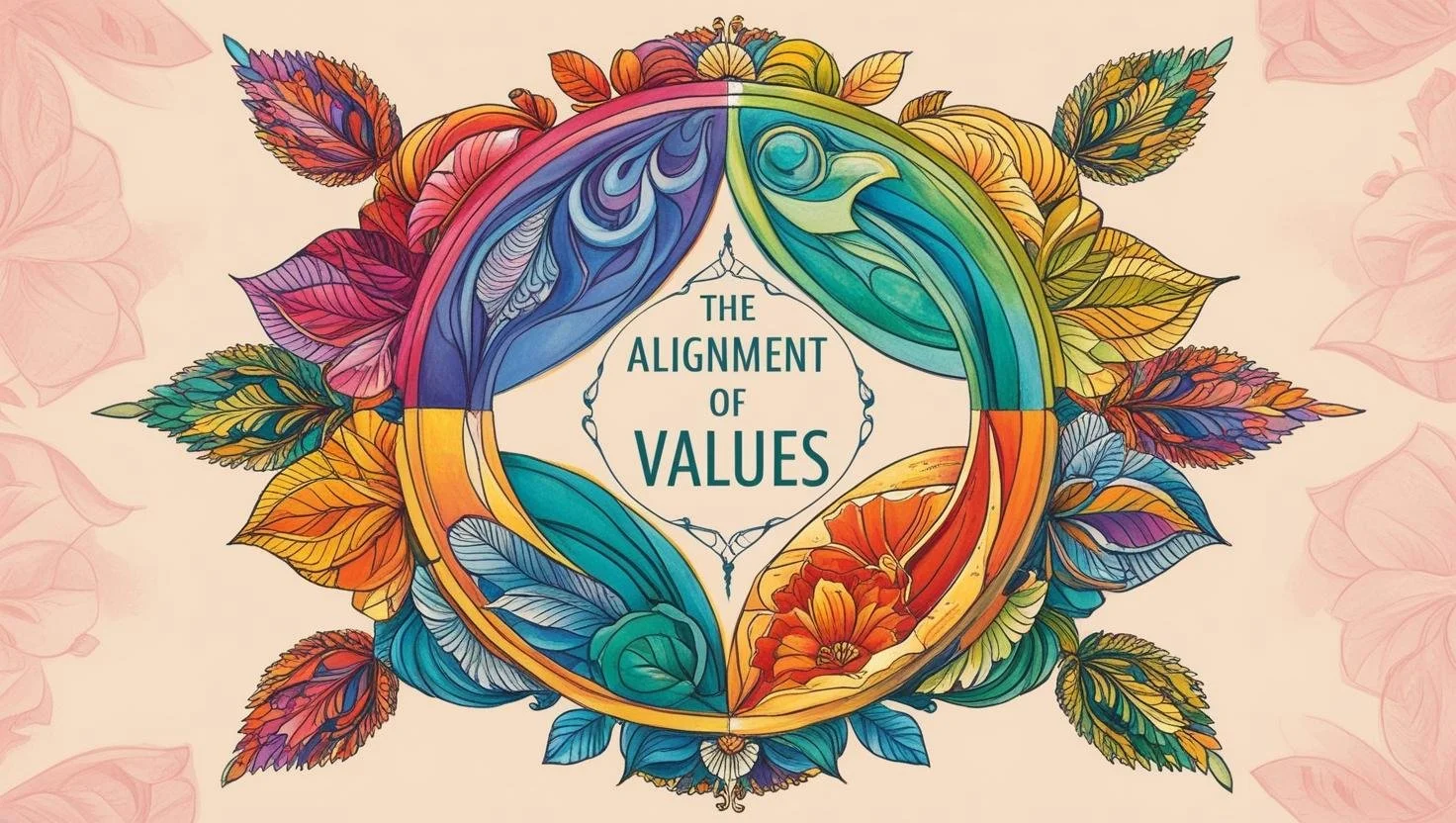Aligning Values with Actions
In a world of constant distractions and rapid decision-making, aligning daily actions with deeply held values can be challenging. Many people hold clear intentions—whether to live sustainably, foster meaningful relationships, or pursue personal growth—yet translating these ideals into consistent behavior requires more than willpower. It involves cultivating awareness, setting deliberate goals, and designing systems that support intentional living. When values and actions align, individuals experience greater fulfillment, and their choices contribute to broader societal and environmental change.
Reflecting on Personal Values
The first step toward alignment is developing clarity about core values. While values may seem self-evident, articulating them with precision can illuminate the motivations behind actions. Reflection is key in this process.
Consider these guiding questions:
What experiences have given me the greatest sense of purpose or fulfillment?
When have I felt the most aligned with my integrity?
What impact do I hope to have on the world around me?
Journaling responses or engaging in reflective conversations can reveal underlying values. For example, if sustainability emerges as a central value, this may indicate a commitment to reducing waste, supporting ethical consumption, or advocating for climate action. If connection is a guiding principle, it might reflect a desire to nurture relationships, practice empathy, or strengthen community ties. Identifying values provides the foundation for intentional decision-making.
Turning Values into Actionable Goals
Values remain abstract unless they are translated into concrete, achievable actions. Bridging this gap requires specificity and structure.
For example, if environmental responsibility is a core value, consider tangible commitments such as:
Carrying reusable bags and containers to reduce plastic waste.
Composting food scraps to minimize landfill impact.
Supporting local farmers’ markets to prioritize sustainable agriculture.
For those who value deepening relationships, actionable steps might include:
Scheduling weekly check-ins with family or friends.
Practicing active listening in conversations.
Volunteering with community organizations that align with personal values.
The key is to start small. Incremental changes create momentum, reinforcing habits that eventually become second nature.
Staying Aligned Through Mindfulness
Despite the best intentions, competing demands and external pressures can make it difficult to stay aligned with personal values. Practicing mindfulness helps create space for intentional choices, allowing individuals to pause, reflect, and recalibrate when necessary.
Simple mindfulness practices can reinforce alignment:
Daily Reflection: Setting aside time in the morning to consider how daily actions can reflect core values.
Intentional Pauses: Before making a decision, taking a brief moment to ask, “Does this choice align with what I truly value?”
Journaling: Keeping a record of successes, challenges, and insights related to value-based living.
When faced with decisions that test alignment, mindfulness encourages thoughtful responses rather than impulsive reactions, strengthening the ability to make choices that are true to one’s principles.
The Ripple Effect of Alignment
Living in alignment with values not only enhances personal well-being but also influences the surrounding world. Individual actions have a cumulative effect, shaping collective behaviors and cultural norms.
For example, reducing single-use plastics at work may encourage colleagues to do the same. Prioritizing presence and deep listening in personal relationships can inspire a wider culture of empathy. Living with integrity reinforces social and environmental responsibility, demonstrating that small, consistent actions contribute to large-scale change.
An Invitation to Align
Alignment is not about perfection—it is about progress. Each decision presents an opportunity to move closer to a life that reflects core values. Whether through setting a single, meaningful goal or practicing daily reflection, intentional choices shape both personal fulfillment and the broader world.
Take a moment to consider: What is one value that deeply resonates with you? What small, immediate step can you take to align your actions with that value today? In these moments of conscious choice, the path to a more intentional and impactful life unfolds.
References
Brown, B. (2012). Daring greatly: How the courage to be vulnerable transforms the way we live, love, parent, and lead. Gotham Books.
Clear, J. (2018). Atomic habits: An easy & proven way to build good habits & break bad ones. Avery.
Kasser, T. (2002). The high price of materialism. MIT Press.
Ryan, R. M., & Deci, E. L. (2017). Self-determination theory: Basic psychological needs in motivation, development, and wellness. Guilford Publications.
Thaler, R. H., & Sunstein, C. R. (2008). Nudge: Improving decisions about health, wealth, and happiness. Yale University Press.

